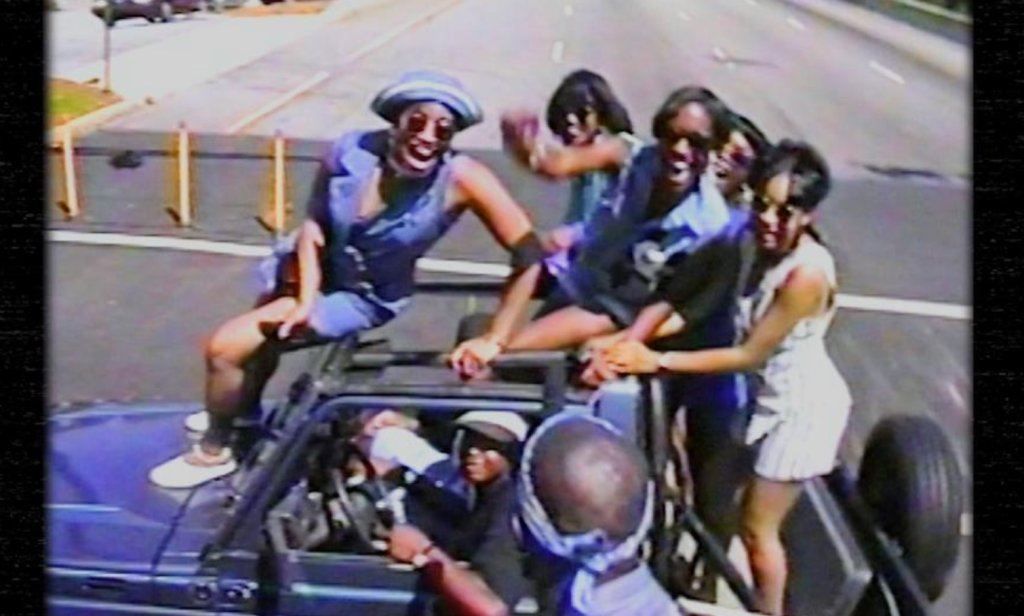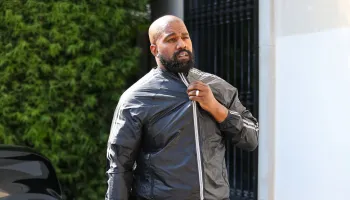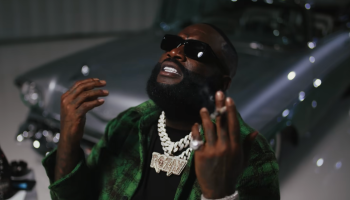
Source: Hulu / hulu
One year after shaking the tables in Black middle-aged households across the country, Hulu’s highly anticipated documentary, Freaknik: The Wildest Party Never Told, will finally make its debut.
According to a video announcement made by Jermaine Dupri, via Instagram Freaknik: The Wildest Party Never Told, will make its official debut during SXSW 2024 (March 8 – 16).
“This is something that a lot of y’all have been asking about,” he said in the video. “Freaknik — what’s up with Freaknik? So here we go.” Dupri then read off an email he received from Hulu saying the documentary would premiere at the world-renowned film and television festival.
Following Dupri’s unveiling, Hulu dropped the official announcement during Super Bowl weekend, revealing that the wider release would happen on March 21.
According to Deadline, Freaknik: The Wildest Party Never Told, is telling the legendary stories about the iconic Atlanta street party that drew hundreds of thousands of people in the ’80s and ’90s, celebrating the legacy of the event that solidified Black spring break and helped put Atlanta on the cultural map. Executive Produced by Luke Campbell, Jermaine Dupri and 21 Savage, and crafted by Mass Appeal and Swirl Films, the documentary features appearances by 21 Savage, Lil Jon, Killer Mike, Jalen Rose, Too $hort, Shanti Das, former Atlanta Mayor Kasim Reed, Erick Sermon, CeeLo Green, Rico Wade, Kenny Burns and more.
As previously reported, the streaming giant went viral after announcing it was dropping a documentary about the HBCU-focused annual Atlanta spring break event from the 1980s and 1990s, after concerns from former attendees–now with their college-aged children–were worried about archival footage of them in compromised positions coming to light. Freaknik, which started as a modest HBCU picnic in 1983 and spent 15 years morphing into the quintessential Black Spring Break, was a cultural touchstone that many participants would rather leave in the time capsule, opening the door for the documentary to face lawsuits from women and men worried that their college-aged shenanigans would be presented to the world. Director P. Frank Williams assured those worried it would be a celebratory reflection of the era versus salacious.















